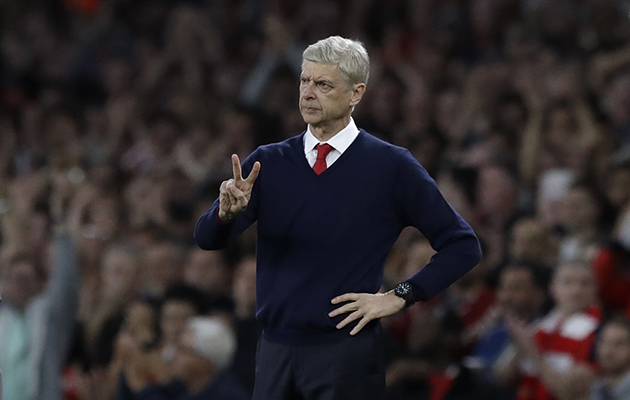Wenger’s Arsenal legacy cannot ignore Herbert Chapman’s achievements
Amidst the news Arsene Wenger will be stepping down as Arsenal manager at the end of the season, plenty have said it is about time, and plenty more have said he is the greatest manager Arsenal have ever had. Only one of those statements is correct.
That Wenger should go, that arguably he should have gone four years ago, seems plausible enough. But is he really and ultimately to blame for the Gunners’ mishaps this season? His errors have been many and undeniable it is true, but the real culprits surely are those who kept renewing his contract.
The American cheap shareholder knows little about the game, and the arrival of his well meaning son has been much too little to remedy the constant re-appointments. As for the board it is a collection of mere nullities, Chips Keswick and the rest, who feebly support Wenger from season to season.
Wenger deserved admiration for what he had achieved for Arsenal in the past and he maintained his great effectiveness for admirably long seasons. Yet I do not accept, as has been averred in newspaper columns, that he was the greatest manager in Arsenal’s history. That distinction surely belongs to Herbert Chapman, who in 1925 took over an ailing team, lucky to be in the top division at all – it had finished a mere fifth in the last 2nd division played before the Great War.
Chapman arrived trailing clouds of glory, having won the last two Championships with Huddersfield Town, and left behind a team which, though losing him in 1925, were left with sufficient impetus to add a third successive title. After a dreadful start at Newcastle, Chapman, with the shrewd advice of Charlie Buchann – prised by Chapman from Sunderland on a famous £100 a goal contract – devised the so-called third back game – always claimed by Buchan as his own idea – and embarked on a period of sustained success.
In Chapman’s first season, the Gunners finished runners-up to Huddersfield. In 1927, only a bizarre error in the Cup Final by their Welsh goalkeeper Lewis brought defeat by Cardiff City. In 1932 they lost the Final to Newcastle, beaten by the notorious over the line goal, scored when Newcastle crossed a ball which had run out of play. By the time Chapman so sadly and prematurely died in 1934, the Gunners were on their way to a hat-trick of Championships.
He was an expert psychologist long before his time, an inspirational father figure to his players. All credit to Wenger for his Arsenal achievements, but their basis had been built long before by Herbert Chapman.







